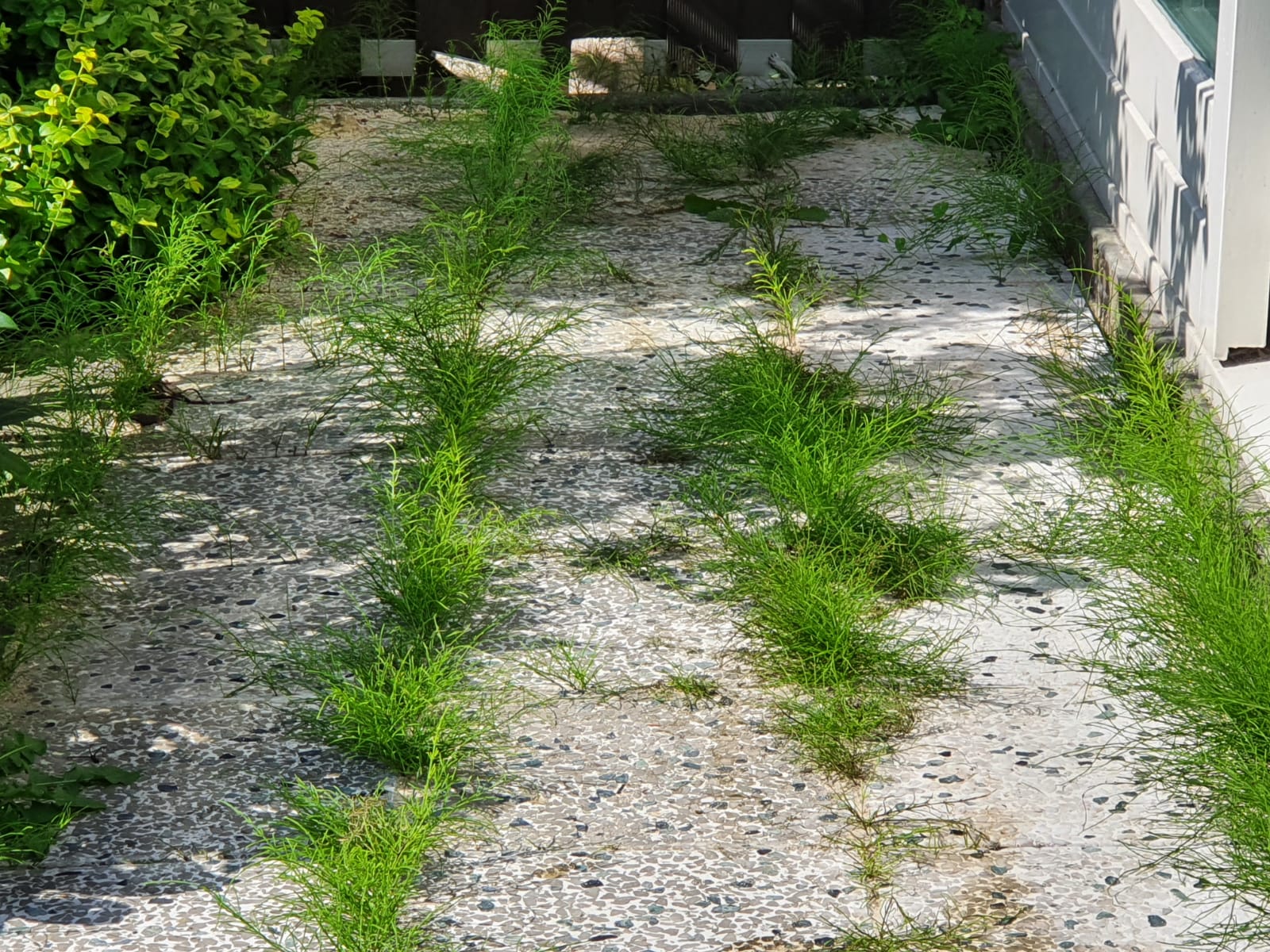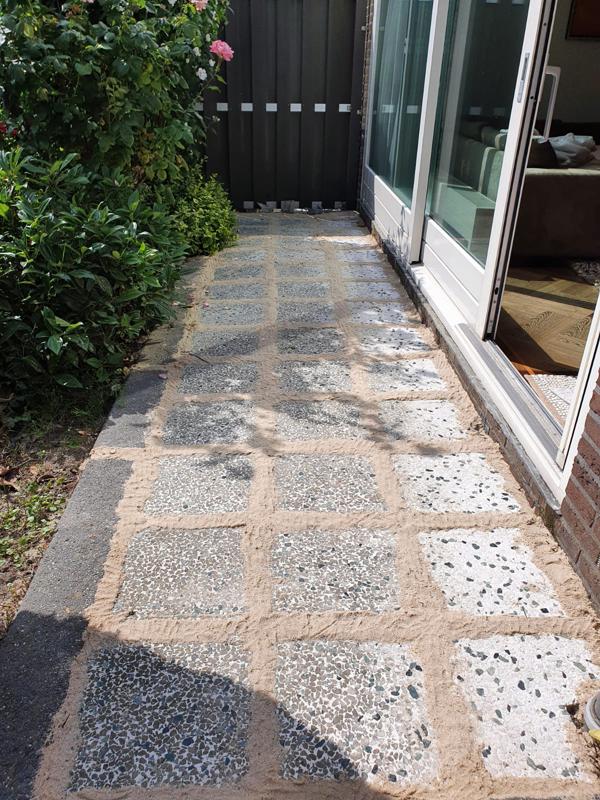Sometimes our best efforts fail. It’s normal. It happens to everyone.
Still, we’re surprised when they do.
We ask ourselves: How did this happen? How could this happen to me? What’s wrong with people? What’s wrong with me?
The cold truth is that we tried hard and failed. Nothing went wrong. And nothing is wrong with us. We failed because mistakes are a fact of life for every leader and for every human being. Failure is an option.
We can change how we respond when we fail.
It’s natural to wish things turned out differently. Yet that common reaction rejects the truth we see in front of us. It takes mental and emotional effort to deny reality. Resistance causes more pain than you might realize.
Acceptance is another option.
Try Acceptance When You Fail
Acceptance is a hard concept to grasp.
Perhaps you did everything in your power to keep your entire workforce through Covid-19, but had to fire people anyway. Or you tried to home-school your children, but could never tear them away from their video games. Perhaps you kept the faith and prepared for a big holiday dinner, only to cancel on your family this week.
I invested time and effort in something much less consequential, but the failure still stung. I wrote over the summer about the bliss I felt spending meditative hours pulling weeds from between the stones on my garden path. In the picture below you see the result: smooth lines in every direction packed with sand meant to block the sun and keep the weeds from growing back.
Glance back to the picture at the top. Those are the same stones on my garden path — six weeks after creating my heroic sand-patching weed-blocking masterpiece.
Acceptance? What??
Acceptance doesn’t mean we don’t care. We can care enormously without resisting how it turned out — simply because that is the truth of what happened.
Acceptance doesn’t mean you won’t work to make it better. You will. But it is harder to recover your inner balance when you fixate on the perceived disaster and wallow in the failure. Beating ourselves up when we fail doesn’t change what happened.
Acceptance doesn’t mean the result isn’t bad or sad or heart-wrenching. It angers us to fire people who did nothing wrong. It saddens us to think our kids are missing the classroom experience. It irked me see the weeds grow back precisely where I carefully placed sand to prevent them from growing back.
Acceptance doesn’t mean you won’t let yourself feel the emotions of sadness or anger or frustration. On the contrary, part of acceptance is letting yourself feel deeply.
Acceptance says, “I acknowledge,” what occurred. I let myself take it in and feel it, because I know accepting it is part of what gives me the wisdom to do the work that will make it come out better next time.
Yes, acceptance is a hard concept to grasp.
When you get it, you will feel release from the experience of inner contraction and constriction that you feel when you resist reality. That resistance makes us tight and rigid and emotionally closed as we push away the feelings that come with failure.
That same rigidity that resists those feelings also closes off our inner intelligences of perseverance, resilience, creativity, and moral clarity. It cuts us off from the natural affinity we possess at our core, at our center of wellbeing, for compassion — that same compassion we often direct toward others can also be directed toward ourselves. It blocks us from finding comfort in the knowledge that we are powerful actors who can produce remarkable impact — even if not just now. We’ve done it before, and we’ll do it again.
When we connect to our core, to our center of wellbeing, we remember who we are at our best. At our best, we are entirely human. We try, we succeed, we fail, and we try again. We don’t keep score on ourselves. We give everything we have and then accept what happened.
Accepting the situation as it is can change what happens next.

